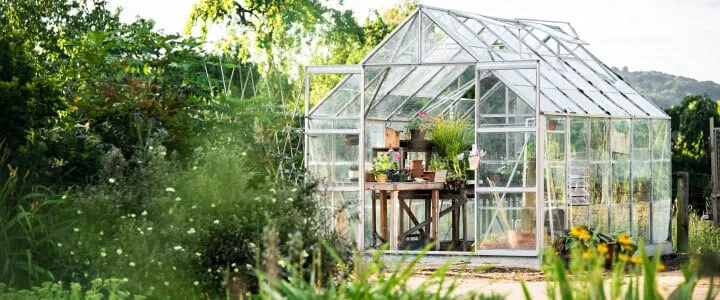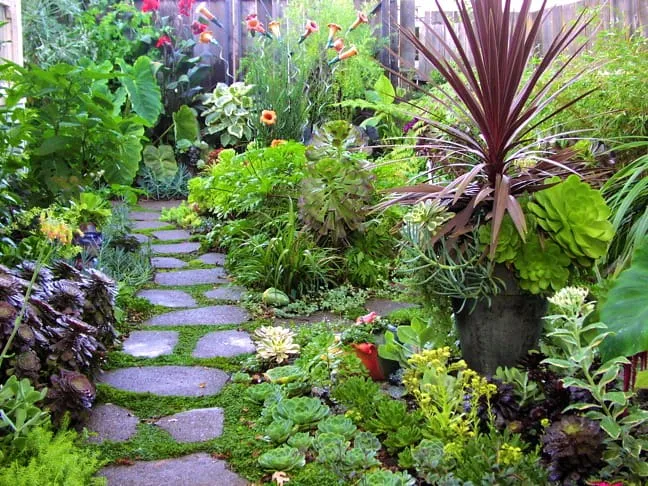7 Tips for Creating an Eco-Friendly Garden: A Guide to Green Hands
Want to live an eco-friendly lifestyle? One important step you can take is starting a garden in your yard. Vibrant flora not only enlivens your property but also benefits the local ecosystem.
However, there are some mistakes beginner gardeners make that can do more harm than good. Here are seven ways to make your garden as eco-friendly as possible.

Choose Fabric Pots
Plastic or clay pots can have several drawbacks for your garden and the environment.
The next time you're choosing pots for plants, consider fabric options. For example, fabric pots like GeoPot are great for both beginners and experienced gardeners. These fabric pots provide better drainage, promote air circulation, and most importantly, are environmentally friendly.
Grow Native Plants
The key to an eco-friendly garden is choosing native plants. Growing plants characteristic of your region leads to more successful harvests and provides nectar and pollen for local wildlife, making your garden more eco-friendly overall.
Live in Harmony with Nature
Many consider animals in the garden a nuisance, but you shouldn't destroy them. Birds, butterflies, and bees are just a few pollinators that can help your garden thrive. Additionally, insect-eating animals such as frogs, bats, or spiders also control pests.
If you want to see these beneficial animals in your garden, consider adding bird feeders or a pond for frogs on your property.
Compost Your Waste
Nutrient-rich soil is essential for a healthy garden. However, fertilizers are often expensive, so why not make your own?
Turning food scraps into compost helps your garden thrive while reducing waste.

Grow Edible Plants
Planning to eat more greens this year? Consider growing some edible plants in your garden.
Many fruits and vegetables you buy at the store come from across the country, and this transportation often produces greenhouse gases. But by choosing plants grown on your property, you save money and reduce pollution.
Don't Over-Mow the Lawn
You're likely mowing your lawn more often than needed. So this spring, try leaving the grass a bit longer than usual.
Allowing grass to grow helps make your yard more attractive to pollinators or animals that feed on pests. You also use much less gas, thereby reducing your carbon footprint.
Save Water
Plants need a lot of water to thrive, so to ensure an eco-friendly garden, definitely save water wherever possible.
Using mulch and compost can help soil retain moisture, meaning you won't have to manually water your garden as often.
Conclusion
Creating a garden is one of the best ways to help the local ecosystem. When you follow these eco-friendly tips, expect better results. Moreover, you'll feel proud of contributing to environmental protection.
Need a renovation specialist?
Find verified professionals for any repair or construction job. Post your request and get offers from local experts.
You may also like
More articles:
 6 Smart Ways to Improve Your Home
6 Smart Ways to Improve Your Home 6 Steps to Disinfect and Shine Your Sink
6 Steps to Disinfect and Shine Your Sink 6 Steps to Designing Your Dream Home
6 Steps to Designing Your Dream Home 6 Summer Living Rooms That Will Be Remembered
6 Summer Living Rooms That Will Be Remembered 6 Things to Consider When Choosing Commercial Property Insurance
6 Things to Consider When Choosing Commercial Property Insurance 6 Things You Need If You Want to Make Your Own Furniture
6 Things You Need If You Want to Make Your Own Furniture 6 Tips for Safe Waste Disposal After Cleaning
6 Tips for Safe Waste Disposal After Cleaning 6 Tips for Creating a Functional Office
6 Tips for Creating a Functional Office